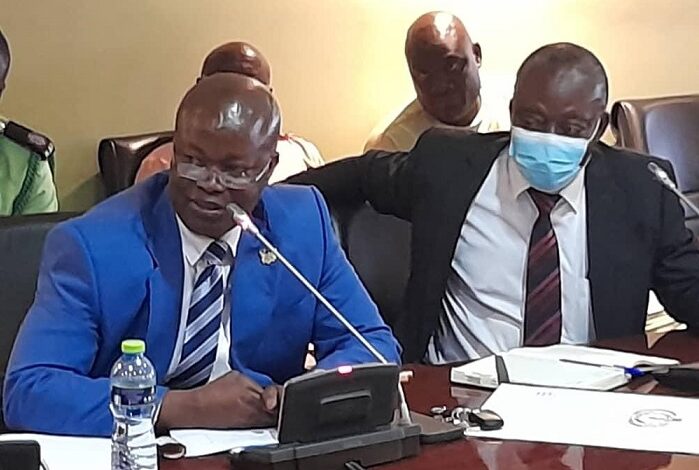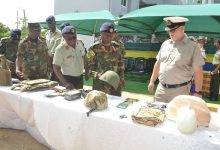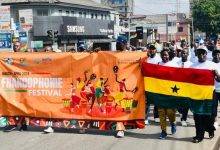
Chief Executive Officer of the Ambulance Service, Professor Ahmed Nuhu Zakaria, has revealed that a Ministry of Health constituted committee had found that the late Augustina Awotwi, the lady who died in an ambulance after childbirth complications early this year, underwent the spinal anaesthesia procedure which resulted in her complications leading to her death.
“Normally when you are to undergo spinal anaesthesia, there must be provision for general anaesthesia, because sometimes, the spinal fails and to avoid complications, you have to convert into general anaesthesia.
“What we realised was that the general anaesthesia did not exist because the anaesthesia machine of the hospital was not functional so they depended only on the spinal.
“Unfortunately, there were complications and one complication of spinal anaesthesia is neurogenic shock.
“She went into neurogenic shock after the spinal anaesthesia as her blood pressure (BP) of 170 systolic crushed to 66 by 40 plus diastolic with a bradycadial (slower than normal heart beat) of about 40 beats per minute. So obviously, these meant that there was a problem.
“When these things happen, you have to resuscitate and the findings show that some resuscitation was done and the BP picked up a bit and the surgery continued. Unfortunately, the BP never recovered because looking at the fluctuation, it meant that the patient was hypotensive throughout,” he said.
Professor Zakaria made this revelation in Accra yesterday when he appeared before the six-member adhoc committee of Parliament probing the death of the late Augustina Awotwi.
On the controversy about demand by the ambulance crew for the car to be fuelled by the husband of the deceased, he said that was a standard procedure by his outfit.
“The way our operations are carried out is such that when a caller calls into the dispatch centre, the dispatch centre will interrogate the caller to find out if it is a road traffic accident or inter hospital transfer.
“If it is a inter hospital transfer, we have to discuss what we call the fuel support because most at times the ambulances are fuelled but mainly for road traffic accidents and emergencies where there is no time to discuss fuel support,” he explained.
In this particular case, he said, because it was during the festivities and there was COVID-19 so there were a lot of activities at the station and that fuel in the car had been exhausted.
“The communication went to the hospital before moving that they didn’t have fuel and would need GH¢600 for fuel to make the journey to Accra,” he said.
The crew, he said, were assured that they could move because the hospital was going to arrange that either directly or indirectly with family of the deceased.
“So the understanding was that when they get to the hospital, they would get the fuel support for the journey,” he said.
Husband of the deceased, John Kwabena Obiri-Yeboah, had earlier told the Committee on July 13, 2022 that “no money for fuel was discussed with me when they called that I meet them. But when I met them, they demanded that I pay GH¢600 for fuel”.
But Professor Zakaria said the impression was created by the Holy Child Catholic Hospital at Fijai where the deceased was receiving medical care that the husband was to provide the fuel support.
BY JULIUS YAO PETETSI





